Keywords: Shame
There are more than 200 results, only the first 200 are displayed here.
-
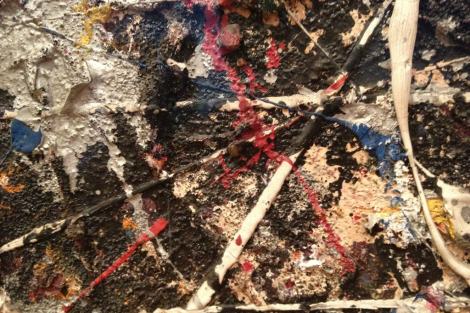
AUSTRALIA
- Ellena Savage
- 09 December 2016
4 Comments
To be in the running for a scholarship, a student must have had their abilities or potential acknowledged and rewarded within an ideological education system. Where the money comes from - and whom it is given to - informs what kinds of artwork thrives. As Didier Eribon says, 'art, culture and education are part of the mechanisms of differentiation between social classes'. And the institutional frameworks underpinning the production of artwork can lead to pernicious political outcomes.
READ MORE
-
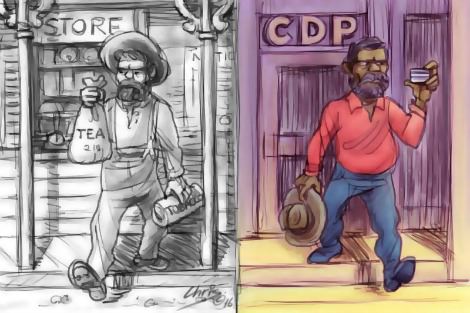
AUSTRALIA
- Celeste Liddle
- 02 December 2016
8 Comments
Indigenous workers of previous generations struggled and undertook strike actions so that their descendants would not be exploited and abused in the same way that they had been. While we may have many more Aboriginal people achieving and attracting higher waged work than we did in the years gone by, the exploitation of the most vulnerable in our community continues. The years may have ticked over, but the government's attitude to the value of Indigenous workers has not.
READ MORE
-
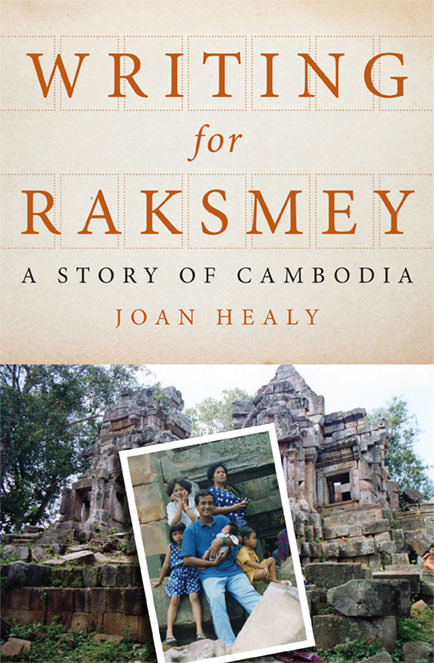
INTERNATIONAL
- Andrew Hamilton
- 29 November 2016
3 Comments
I spent some summers in the border camps around the same time as Healy. This was life-changing: it made me subsequently look at policies from the perspective of those affected by them. But on reading these stories told by from the perspective of the Khmer people I recognised how much of their life I had not noticed. This gap between perception and reality may be pertinent to reflection on how we are to respond to the startling recent shifts in our world and to the brutality that runs through them.
READ MORE 
-
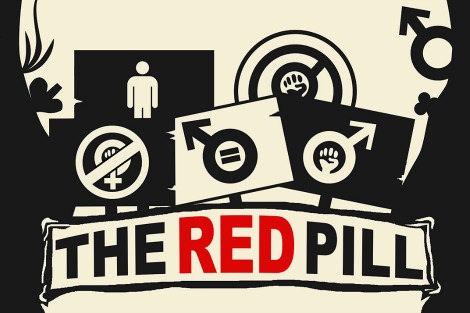
AUSTRALIA
- Neve Mahoney
- 27 October 2016
24 Comments
The 'men's rights' documentary The Red Pill has been pulled from Melbourne's Palace Kino cinema, sparking debate over censorship and what constitutes partisan reporting. The men's rights movement holds that 'feminism has gone too far', to the point that men are discriminated against. Since the internet and the third wave of feminism, the majority of MRA groups seem to be little more than a veil for misogynists to legitimise their sexism. It's a shame, because there are some MRA groups who raise real issues.
READ MORE 
-

ARTS AND CULTURE
- Barry Gittins
- 13 October 2016
1 Comment
I attempted at one stage to lodge snippets of William Blake's Songs of Innocence and of Experience into the minds of our children. Emily complained that 'symmetry' didn't really rhyme with 'hand or eye'; Ben was and is more into dragons than tigers. The question later pondered of Blake's tiger 'Did He smile His work to see? Did He who made the lamb make thee?' regularly confronts me, as my wife semi-mourns and I embrace the maturing process that is taking our children towards adulthood.
READ MORE 
-

ARTS AND CULTURE
- Tim Kroenert
- 05 October 2016
1 Comment
At the opening of the Environmental Film Festival Australia in Melbourne last week, festival patron and former Greens senator Bob Brown highlighted the movement against oil drilling in the Great Australian Bight. He painted a picture wherein a major spill in the region could lead to an environmental disaster stretching as far from the site as the NSW coast. His words make the release of Deepwater Horizon, about the disaster that led to the 2010 BP oil spill in the Gulf of Mexico, even more timely.
READ MORE 
-
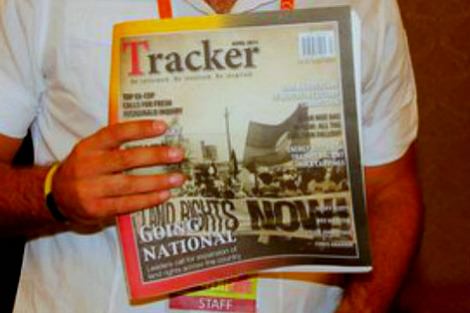
MEDIA
- Celeste Liddle
- 27 September 2016
8 Comments
When I started my blog Rantings of an Aboriginal Feminist four years ago, the major motivation was that I wanted to claim some space in the worldwide web for Aboriginal feminist left-wing discourse. I strongly felt that the mainstream media continued to ignore these types of opinions and, thanks to the internet providing public and freely available space, for the first time ever there was the ability to circumnavigate these traditional channels of communication. I believed no one would read it.
READ MORE 
-

AUSTRALIA
- Joan Hume
- 08 September 2016
15 Comments
On 26 July this year of 19 severely disabled residents were massacred as they slept in their beds at a residential care facility in Sagamihara, Japan. A further 26 were wounded. The perpetrator, Satoshi Uematsu, a former employee sacked for his disturbing views about the residents, later boasted of his 'achievements': 'It is better that disabled people disappear.' Isn't there an ever present probability that without an inclusive and accepting community, without believing in our possibilities rather than seeing only our limitations, we will spawn the likes of another Satoshi Uematsu here?
READ MORE 
-

INTERNATIONAL
- Andrew Hamilton
- 25 August 2016
11 Comments
Almost all public conversation quickly turns to transgressors. Olympic competitors growled about proven and suspect drug users. Many wanted people found to have used drugs shamed and shunned. This insistence that transgressors should definitively lose their good name and the right to participate is not confined to sport. If inflexibility and exclusion become the rule in dealing with aberrant speech or behaviour we find unacceptable, they will impose heavy burdens on individuals and society.
READ MORE 
-
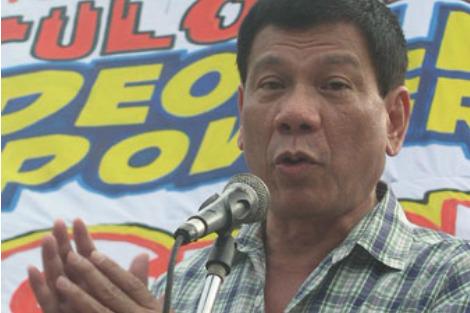
INTERNATIONAL
- Fatima Measham
- 18 August 2016
13 Comments
I fret more than ever for friends and family in the Philippines. If life is so expendable, who can be safe? What if my brother-in-law is mistakenly identified as a drug 'pusher'? What if my dad goes to a cockfight and armed vigilantes do a drive-by? It is disheartening that many Filipinos seem to approve of Duterte's methods. This is the purge many had wanted. They see the current campaign as a necessary, painful transition to better things. They are wrong. Nothing personal, just history.
READ MORE 
-
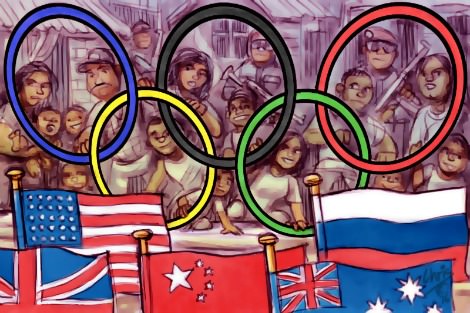
INTERNATIONAL
- Antonio Castillo
- 08 August 2016
4 Comments
The Rio 2016 Olympics has earned a well-deserved label: the jogos da excludad, the games of exclusion. It is a label that shames a ruling class that got its priorities wrong. In the name of the Games, 77,000 residents of Rio's favelas have been evicted and hundreds of these settlements have been bulldozed. Those favelas that avoided the bulldozers have been hidden behind concrete walls that epitomise what theologian Leonardo Boff has called the 'lack of shame' living deep in the Brazilian soul.
READ MORE 
-
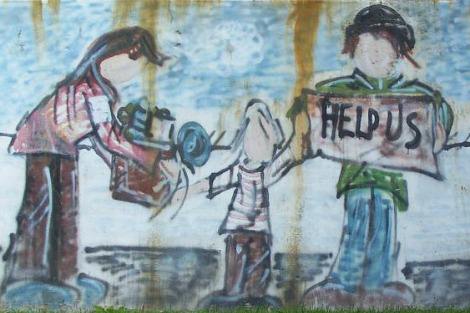
AUSTRALIA
- Andrew Hamilton
- 04 August 2016
16 Comments
National Homelessness Week comes around each year. And each time it is an embarrassment. We pride ourselves that we are a respectful society, but there is no greater sign of disrespect than to allow people to be homeless. Too many people sleep on the streets; too many families sleep in their cars. What must change in us is our tolerance of an economic and political ideology that assumes it is all right for the vulnerable and ill to be neglected in order to protect the entitlements of the wealthy.
READ MORE 